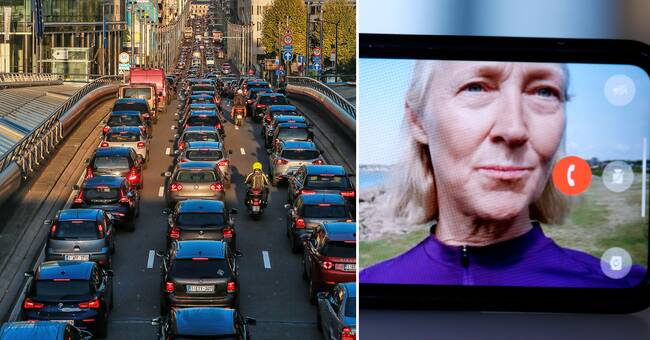Among other things, Sasja Besklik has worked for ten years in various senior management positions with a sustainability profile at the major bank Nordea.
At the same time as the frequency of reports of an increasingly dramatic climate is increasing, Sasja Besklik has become increasingly critical of the system of which he is a part.
Something that, among other things, his over 200,000 followers on the social media platform Twitter have been able to observe.
According to Sasja Besklik, it is naive to believe that "green growth" and "technological half-solutions" will solve the climate crisis and save us from a "disaster".
Quarterly capitalism continues
- The economic model based on consumption and growth is simply not rigged for this.
Quarterly capitalism will continue for some time to come.
At the same time, we want politicians and individuals around the world to take responsibility for systemic issues that they in no way have the opportunity to influence.
Sasja Besklik believes that it is strangely silent when it comes to the western world's economic model and the role of the financial sector around the climate.
- We do not question the economic model we live in at all. It is totalitarian in many ways and it is the one that forms the basis for the challenges we face.
It is built and engineered to provide short-term gains to shareholders and its investors and those who run this type of business.
How do you see yourself working in an industry that is important for financing, for example, the oil industry?
- The financial sector is a toolbox that can be used to either build bridges, hospitals and future solutions - or we invest in things that neither today nor in the future will be sustainable, says Sasja Beslik.
Researcher: Screw on the system
Eva Alfredsson is a researcher at KTH.
She researches issues around sustainability, economics and the financial market.
She does not believe that capitalism and the market are the problem, it is rather about how we screw up the system.
- There is an enormous amount we can do within the existing system that can be very useful.
For example, we must price natural capital and emissions correctly.
It must not be free to release, she says.

